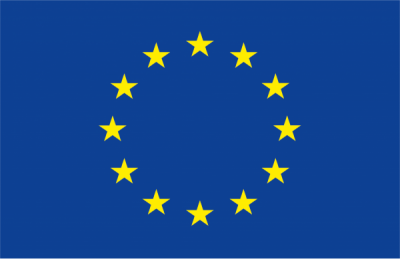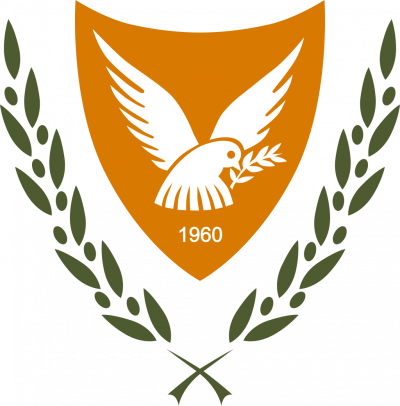
CARE-C’s Head of EPD Prof. Jos Lelieveld delivers keynote at the First International Red Sea Ecosphere Conference in Aqaba, Jordan
The key role of The Cyprus Institute and EMME-CARE in enhancing regional climate efforts in the Eastern Mediterranean and Middle East (EMME) region was underlined this week, 4th-6th of November, in the first International Red Sea Ecosphere Conference, held in Aqaba, Jordan. The conference, taking place ahead of the upcoming 27th Conference of the Parties of the UNFCCC (COP27) in Sharm El-Sheikh, included keynote presentations from Prof. Costas N. Papanicolas, CyI President and Advisor and Special Envoy of the President of the Republic of Cyprus, and CARE-C’s Head of Environmental Predictions Department, CyI Institute Professor and Director of the Max Planck Institute for Chemistry, Prof. Jos Lelieveld.
The Conference, which is held biennially, dealt with the Conservation and Management of the Red Sea Marine Environment, and were attended by the Jordanian Chairman of the Higher Council for Science and Technology, HRH Prince El Hassan bin Talal, the Jordanian Secretary-General of the Higher Council for Science and Technology, Abdullah al-Moussa, the Chief Commissioner of the Aqaba Special Economic Zone Authority, Nayef al-Bakheet, and the Jordanian Head of the Fellowship Advisory Team of the Higher Council of Science and Technology, Prof. Khaled Toukan.
In his address, Prince El Hassan stated that the Red Sea is an important source of natural resources and extremely essential for community and population stability, so the need for a proactive planning and the exchange of relevant knowledge, experience, and reliable information should be adapted to climate change and cushion its impacts.
Prof. Papanicolas delivered a lecture entitled “The Red Sea Climate Challenge in the Context of the Eastern Mediterranean – Middle East Climate Initiative”, focusing on the need to develop an action plan to address the region’s specific challenges, citing a decline in international and regional funding for climate change research and suboptimal use of technology. Prof. Lelieveld gave a talk entitled “Air Quality and Climate Change in the Arabian Basin (AQABA)”.
The Conference that took place under the auspices of the Jordanian Higher Council for Science and Technology, in collaboration with the Aqaba Special Economic Zone Authority, the University of Jordan, and Yarmouk University, emphasised the pivotal role of universities, research centres and government and non-governmental organisations in studying the protecting the environment of the Red Sea. It was held in response to the proclamation of the United Nations General Assembly, under the name “A Decade of Ocean Science for Sustainable Development (2021-2030)”, and shed light on the long-term environmental and developmental threats and pressures facing the Red Sea Region, its resources and marine environment due to political developments, malpractices and conflicts and the necessity of organising such an informative scientific and educational event.
The participants were given the opportunity to showcase the current state in the development and implementation of environmental management strategies, present best practices, exchange experiences, share innovative ideas, methodologies, research results, and studies to find solutions to environmental management problems and methods to protect and preserve this fragile environment through multidisciplinary research. In addition, this Conference provided a platform for new opportunities for cooperation, and conducting more research to reduce risks and accelerate innovation efforts.



